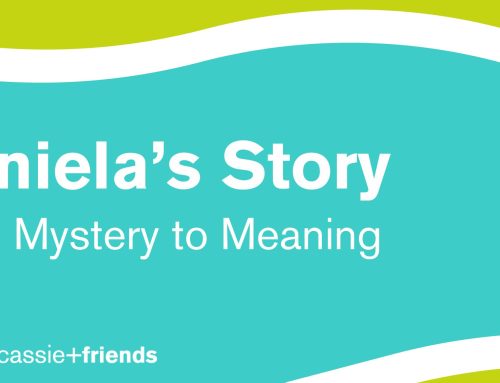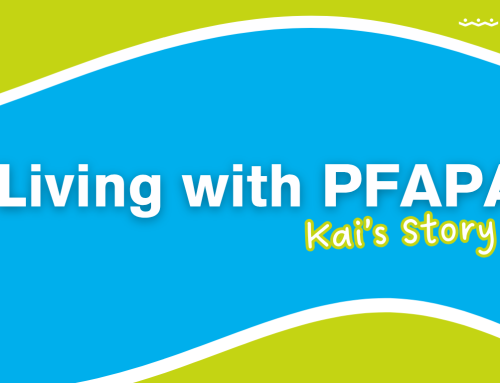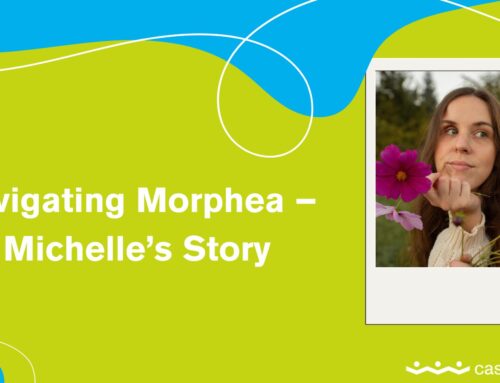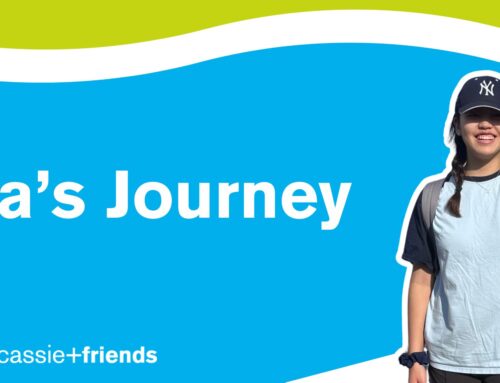
Hey there, my name is Manahil. I am a 20-year-old student at the University of Alberta, currently specializing in psychology and working a research job with the Department of Medicine and Dentistry. The road here was not easy, let me tell you that. Though it was not easy, I would never change a thing. By now, you may have guessed I am here to tell you about my story. If you guessed that, you’re correct! Now, sit back and relax while I blast you through my past.
I was 15 years old when I first got diagnosed with juvenile rheumatoid arthritis, also known as juvenile idiopathic arthritis. Honestly, I didn’t think much of it until I officially got diagnosed. It felt like the end of the world. How could I get a disease that is only meant for elders? I thought to myself. Well, to say the least, that day I learned about juvenile idiopathic arthritis and over the next few months, I would learn the outcome of what being diagnosed with it meant.
So, what did it all mean?
Fast forward a few months, I was in the most unbearable pain I had ever felt. It was at the point where tying my shoelaces felt like an impossible task. I thank my parents every day for the time they took to help me put on my clothes and tie my shoelaces. They became my best friends. They researched different ways and ideas to help me. When I tried a gluten-free diet, my mom would make roast beef and creamy chicken, my favourite dishes, to keep me from feeling restricted. My dad would be endlessly researching gluten-free bakeries so that I had some of my favourite treats, like cookies. I think what is really important is also letting your child try things for themselves and letting them ask you for help before you jump to the rescue. This was something I really appreciated my parents doing with me.
At this time, I was on Naproxen. This medication had no effect on me, and I was not getting any better whatsoever. My middle and ring fingers had lost all movement and I truly felt useless. We decided to move to oral Methotrexate, which improved my health substantially. Though methotrexate improved my health, it did make me slightly nauseous. My doctor suggested omeprazole to reduce the nausea and it helped!

Highschool and Arthritis
Dealing with all these changes in highschool came with its consequences. I was more compelled to fit in. I became someone I was not in order to feel normal. My grades were definitely not the best, I was in pain, and I’d cry myself to sleep sometimes just thinking about waking up again the next day. As a teenager with arthritis, I learned how difficult it can be to manage mental health, school, and your chronic illness. Though it seems terrible, as I said before, I would not change a thing. My experience taught me patience and how to adapt to adverse situations. I started crocheting using ergonomic hooks and I did embroidery using a plier to pull my string through since my fingers were not able to.
I switched to injections later on and started regaining movement in the two fingers that were stiff. Injections were hard for me to get through but my parents would have me smell an orange peel while they gave me the injection as the smell is very pungent and instead of focusing on the injection I focused on the smell. If orange peels were not available they would have me eat a candy! In short, my parents were able to distract me from the discomfort of the injection and my condition became more stable a few months later as a consequence of the injections.
Attending University
In my first year of university, I was admitted into the Arts faculty since my marks were too low to get into Sciences. I was very upset since my circumstances to get high marks in high school were not ideal. I initially did not believe that I would make it into the faculty of my choosing, but slowly, I started looking at the milestones I had achieved. I adapted and I told myself if I worked hard enough, I would be able to get in. I am now in my third year and I am proud to say I made it into Sciences. I worked through the issues I had. I researched accommodations and I applied for them. I made the best of my circumstances.
My Advice to Others
I believe people with chronic diseases sometimes underestimate themselves. We might fall but it’s important that we realize we can do anything if we put our mind to it. No, our disease does not define us, but it is a part of us. In my opinion, it’s one of the most beautiful parts of us. It is tough to not let negativity and sadness consume us and to not see all the bad things. But the hardest situations are the ones where you learn the most about not only yourself but the world and the role you play in it. I hope to see a pain-free future for all the children and teens who suffer from arthritis. I understand how hard and long the path may be for you but you will get through this. I believe in you and your ability to achieve everything you’ve dreamed of and more. I leave you with love and I hope you’ve enjoyed my story.
If you would like to hear more from Manahil, check out the Virtual Youth Panel, where she was a panelist this past summer speaking about managing pain, life at university with arthritis and more!









Leave A Comment